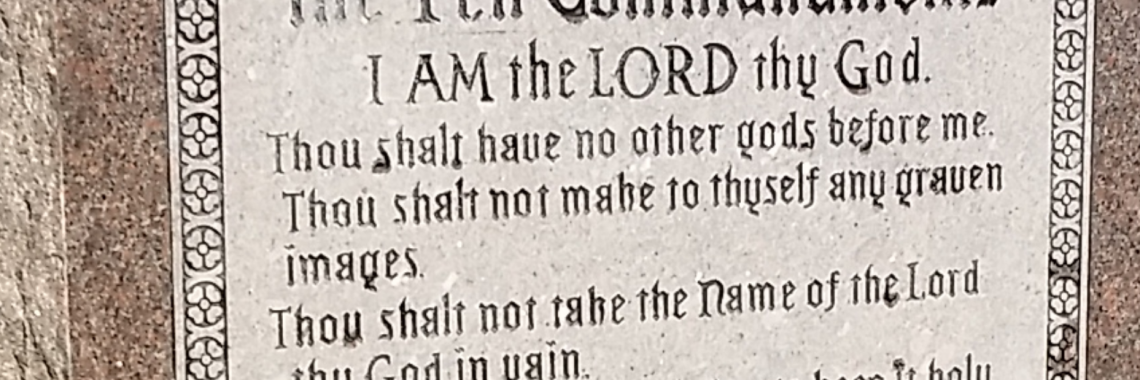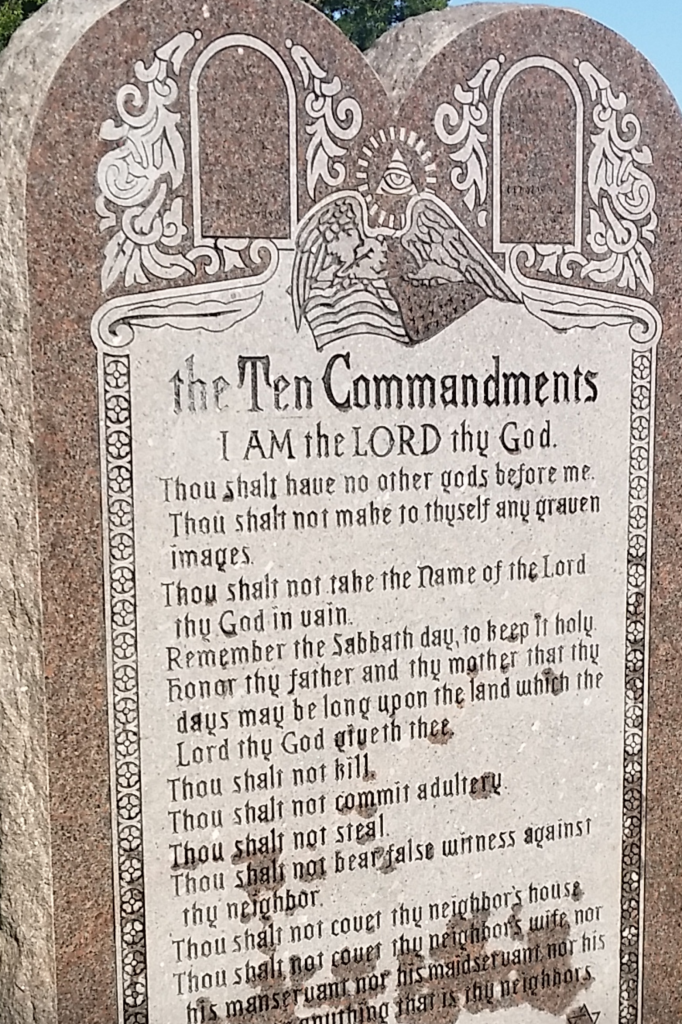A new study published in the Journal of Sex & Marital Therapy shows that giving puberty blockers and cross-sex hormones to children with gender dysphoria may actually be based on junk science.
A set of studies released some years ago claimed to find children with gender dysphoria responded well to puberty blockers and cross-sex hormones.
Those studies — sometimes called “the Dutch studies” — found that sex-reassignment helped alleviate gender dysphoria and improved mental health. Because of the Dutch studies, doctors and clinics in Europe and the U.S. adopted a model of giving puberty blockers and cross-sex hormones to children who disagreed with their biological sex.
New research published this month calls the Dutch studies into question, and reveals the Dutch studies suffered from serious flaws — meaning that doctors and and clinics that give puberty blockers to children may be operating based on junk science.
Researchers analyzing the Dutch studies found “methodological biases undermine the research.”
First, the Dutch studies suffered from selection bias. The studies “[r]eported only the best-case scenarios at each stage of treatment: puberty blockers, cross-sex-hormones, and surgery. Those [children] who did not fare as well, or experienced problems, were not included in the research results.”
Some commentators have compared this to pharmaceutical companies ignoring harmful side-effects when testing a new drug.
The Dutch studies also asked patients opposite sets of questions before and after going through sex-reassignment. Changing the wording of the questions and how the answers were analyzed virtually guaranteed that the study would show improvements for patients who underwent sex-reassignment.
After analyzing these flaws and others, researchers found that the Dutch studies are not the “gold standard” some people think they are when it comes to how doctors treat kids suffering from gender dysphoria.
Over the past two years several gender clinics in Europe have abandoned the Dutch protocol of giving children puberty blockers and cross-sex hormones to help them transition from one sex to the other.
In 2021 a major hospital in Sweden announced that it would no longer administer puberty blockers and cross-sex hormones to children.
The U.K.’s National Health Services recently closed its Tavistock gender clinic that gave puberty blockers and cross-sex hormones to children for many years.
The Tavistock facility faces the possibility of lawsuits from upwards of 1,000 families whose children were subjected to sex-reassignment despite an obvious lack of scientific evidence in favor of the procedures and inadequate mental health screenings for children with gender dysphoria.
A gender-identity clinic in Scotland faces similar legal troubles from former patients who say they were rushed into sex-change procedures.
Last July the U.S. Food and Drug Administration finally added a warning label to puberty blockers after biological girls developed symptoms of tumor-like masses in the brain.
In other words, contrary to what many LGBT activists claim, the science surrounding sex-reassignment for children and teenagers is far from “settled.”
In fact many experts agree that giving puberty blockers and cross-sex hormones to children is experimental, at best.
In 2021 the Arkansas Legislature overwhelmingly passed the Save Adolescents From Experimentation (SAFE) Act.
The SAFE Act is a good law that protects children in Arkansas from cross-sex hormones, puberty blockers, and sex-reassignment surgeries.
However, the law has been tied up in court since the summer of 2021. We expect a decision over its constitutionality in the coming months.
Testimony in the trial over the SAFE Act underscored several key points about gender dysphoria, including:
- The science surrounding gender identity remain in flux.
- The demographics of transgender youth is changing in ways that scientists do not yet understand.
- Randomized clinical trials do not support the adolescent gender transition processes that many doctors in America use.
Our state must protect children from puberty blockers, cross-sex hormones, and sex-change surgeries. Arkansas’ SAFE Act does exactly that. Scientific research increasingly shows lawmakers were right to pass the SAFE Act in 2021. We believe our federal courts ultimately will uphold this good law.
READ MORE






